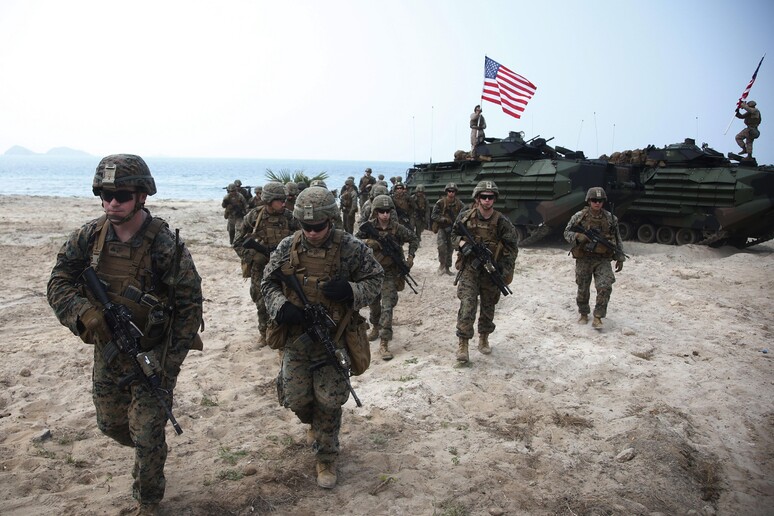A confidential document from the U.S. Army has revealed plans to expel transgender troops from active service by next week, setting June 6 as the deadline for voluntary discharge. Beyond that date, mandatory separations are expected to begin for those who choose to remain.
According to new internal guidelines obtained by CBS News, the Army has also precisely defined how to identify and manage soldiers with gender dysphoria, no longer referring to expressed identity but exclusively to sex assigned at birth. This directive requires personnel to address transgender soldiers using pronouns corresponding to their biological sex, disregarding individual preferences, even if the soldiers are superiors.
Officers will also be required to closely monitor any signs related to the “condition,” including medical requests, public behaviors, or even private conversations. Any suspicion must lead to a review of the soldier’s medical records, while routine health screenings may include specific questions about identity.
These measures seem to contradict public promises made by Secretary of Defense Pete Hegseth, who in February assured that queer individuals would be treated with dignity and respect. In more recent statements, however,the head of the Pentagon used harsh language, describing the presence of service members in “nonconforming” attire as unacceptable.
Major Kara Corcoran, a transgender infantry officer with 17 years of service and an Afghanistan veteran, sharply criticized the new directives, arguing that they are more hostile than the old “Don’t Ask, Don’t Tell” policy because they openly aim to identify and isolate transgender individuals. Corcoran also emphasized that thousands of trans soldiers have served with distinction and without any negative impact on unit cohesion or readiness.
Gender dysphoria is defined by the Department of Defense as a marked incongruence between the experienced condition and the sex assigned at birth, causing clinical distress or impairment in social and occupational areas. The Army’s guidelines describe this identity as contrary to the values of discipline and truthfulness required, emphasizing the importance of aligning uniforms, physical standards, and shared spaces with biological sex.
Following these regulations, transgender service members who are directed to specific areas will receive a special code that could jeopardize obtaining security clearances for future jobs, further worsening their situation after service.












